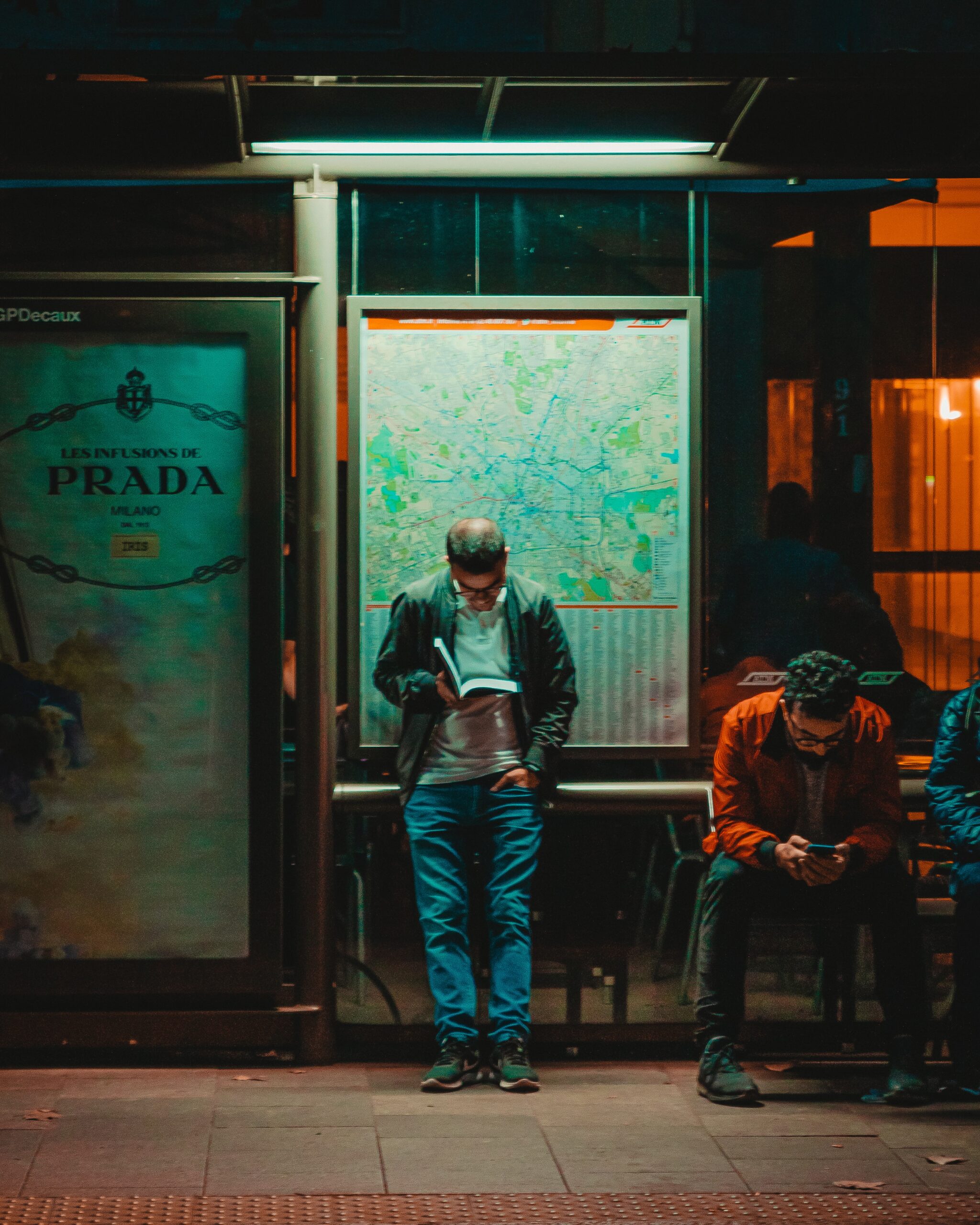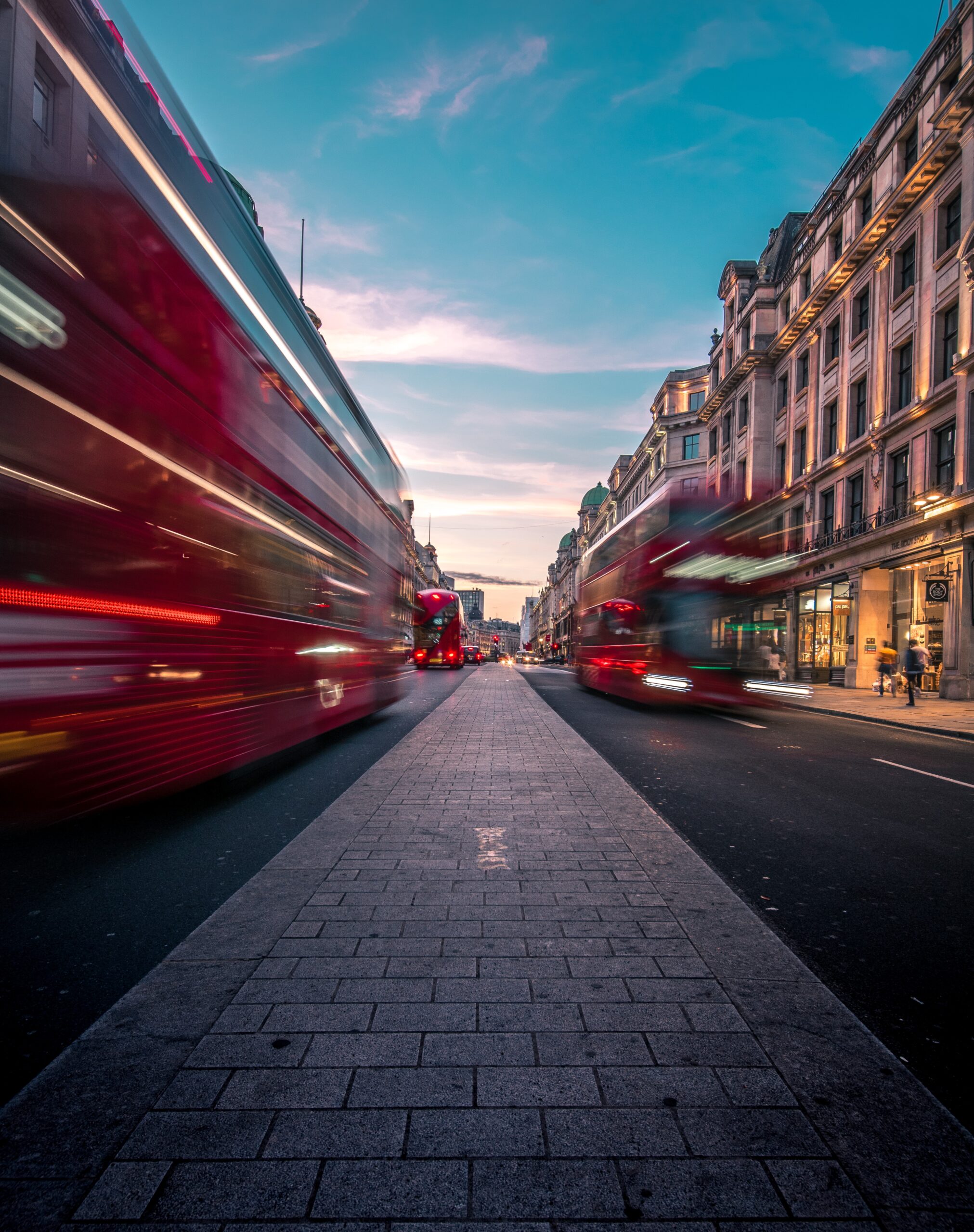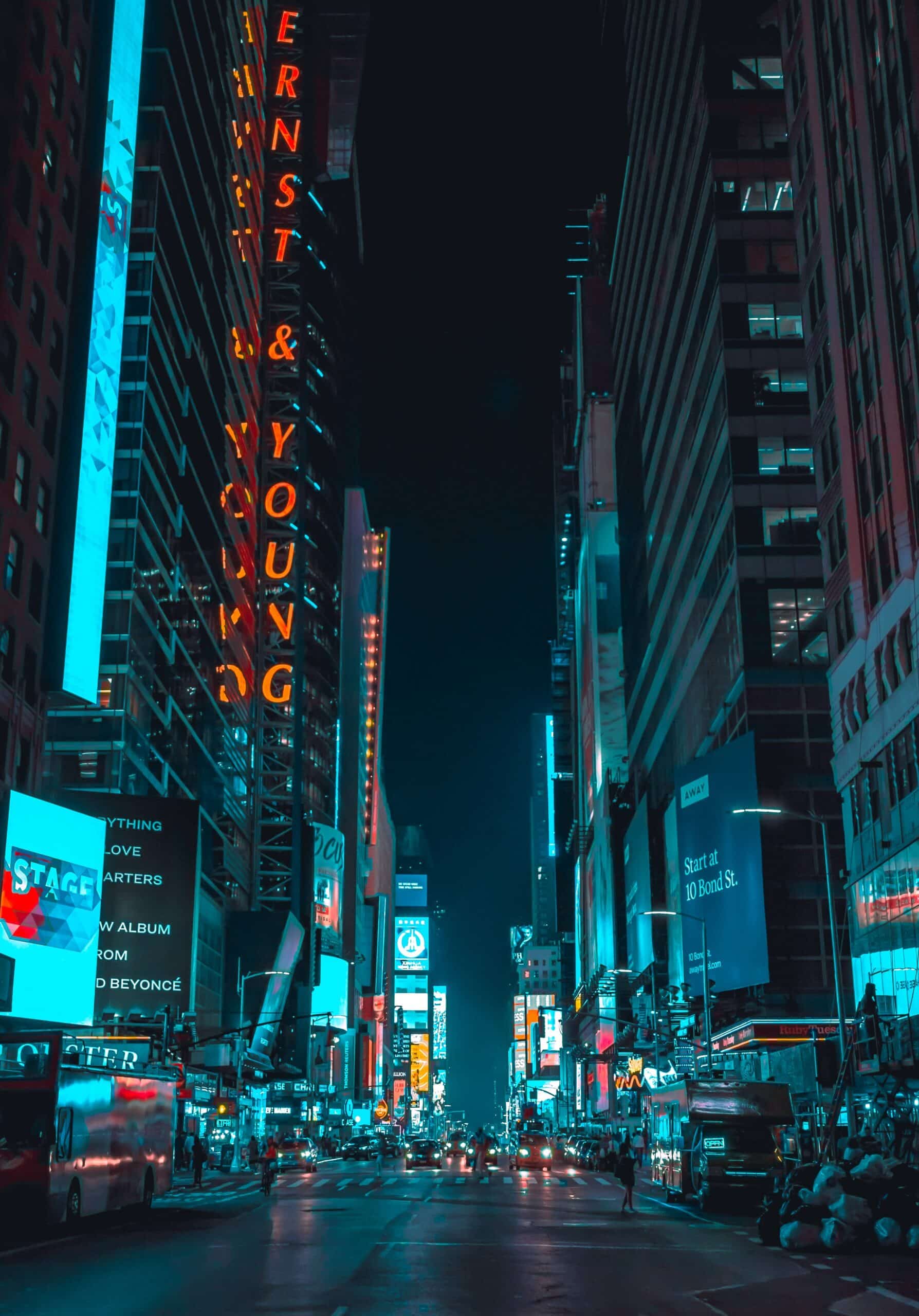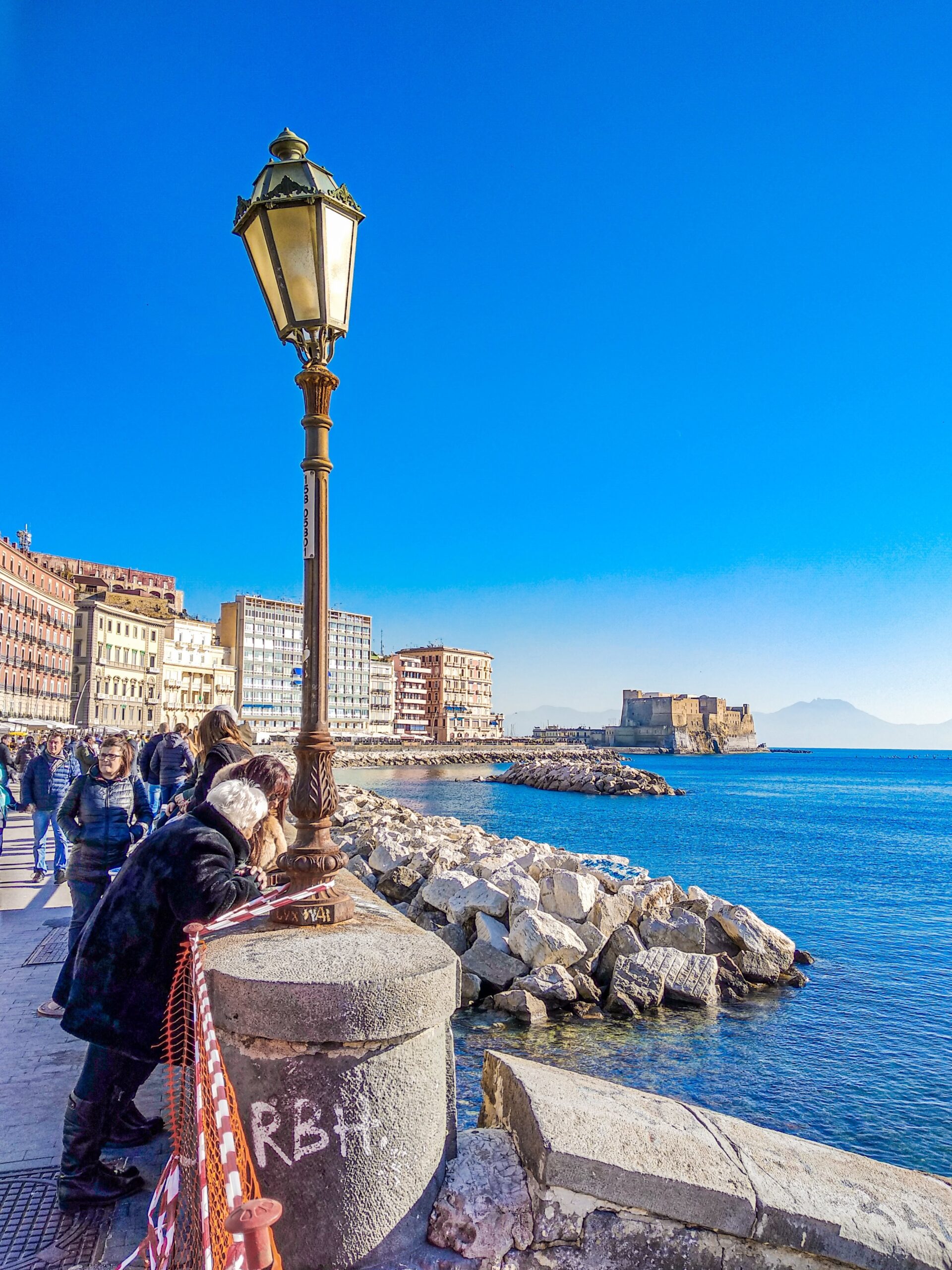For those of you who live in the city, ask yourself: what makes it indispensable despite pollution, noise and traffic? Maybe the many restaurants where you like to dine. Or the nightlife, the cultural scene, the parks, the museums. What if much of this disappeared? Would you still like to live in the city?
This possibility worries many as the pandemic has erased much of what makes big cities special. The heart cries, for example, to see Milan reduced to a deathbed.
Many contemplate escaping from cities to rural or suburban areas, with an accomplice opportunity to do if nothing else smart working (for those who can).
The situation, before there is the expected improvement for vaccines, seems to be heading into another acute phase, hopefully short.

In the rest of the world it is no better.
Similar things are heard everywhere, however. Restaurants, small businesses and even large retail chains major brands are closing in record numbers.
Mass transit systems in large cities, New York emblematic, suffer from severe cuts in services, delay in aid and expenses in the absence of income.
Despite these challenges, urban areas will resist in the face of this and other crises.

Because some cities will survive and thrive
A necessary historical premise. The death of the city is regularly predicted. And like any "desired" death it never comes.
The city was thought to be redundant when the telephone was introduced way back in 1876, and a hundred years later, with the arrival of the personal computer in 1971.
And after the advent of the internet? “What good are cities when people can communicate over long distances?”
After September 11th, then, some thought that the threat of terrorism would lead to the suburbanization of financial services and a move away from the city.
In summary, since we began to notice the defects of rapid urbanization we (also) imagine futures without cities, populated with global villages made up of remotely connected “huts”. Instead, the future was and continues to be made up of giant metropolitan areas and dense cities.
And today, many cities will survive the pandemic for the same reasons they survived the telephone, the Internet and terrorist attacks.

Why?
As early as 1922, the British economist Alfred Marshall he pointed out three key characteristics of cities :
- Skilled labor pools allow for the transfer of knowledge and skills.
- The presence of so many companies generates more business for the peripheral sectors: for example, a large banking sector creates jobs for accountants and lawyers.
- The closeness between people facilitates contact which leads to the maintenance of trust and the exchange of information.
Cities that abound in these characteristics summarized in the expression “cognitive capitalism” will recover. Those that have more routine industries may not. Cities based on the knowledge economy will grow faster than those based on production and manufacturing (delegable elsewhere or to others, human or non-human).
Cities, in short, will survive for a long time because they are all in all one of humanity's greatest inventions.
The power of cities: sharing, matching and learning

Density is what makes a city special. Only where a significant number of people live in close contact can a place support a great variety of different cultural events.
During a pandemic, though, density is the last thing you want. This is why many people are thinking of moving out of the urban core and offices remain empty.
It won't last forever.
New vaccines and better treatments will soon end this pandemic. And when density is no longer cursed by contagion, cities will reaffirm their magic, their ability to improve sharing, matching and learning.
Economists refer to these three mechanisms as types of economies of agglomeration because they represent the advantages of concentration. They are the incentives that lead people and production to live side by side, bearing the high cost of dense urban areas. Economies of sharing, matching and learning explain why cities form and grow.
The economies of agglomeration
The sharing economies refer to economies of scale. For example, companies specializing in the repair of high-quality tools and intellectual property legislation provide important services, but they are consumed only rarely and sporadically. These companies prefer to settle in large cities where the fixed costs of operations can be spread across many customers, making it more likely that their services will always be in demand.
The economies of combination refer to saving time and costs in finding goods, services and jobs in a large city compared to a less populated area. Piano tuners and patent lawyers, for example, possess a narrow set of skills that are of great value to particular employers who regularly need these services. So workers with these specialized skills will prefer to settle in larger cities, where they are more likely to be matched with a job or quickly find another if they lose one.
Economies of learning they refer to the value derived from serendipitous interactions. People learn from each other, whether through intentional encounters or chance encounters. Learning through intentional encounters can happen wherever people look for each other. But learning through chance encounters will happen more frequently in denser cities, where there are simply better chances of meeting other people. As a result, companies and workers will prefer to locate in cities where they can earn higher profits and wages associated with learning that occurs through serendipitous interactions.
The risks and costs of contagion will vanish. And then workers and companies will not be able to resist the advantages that arise in the most densely populated cities. These are the factors that explain the forecast.


